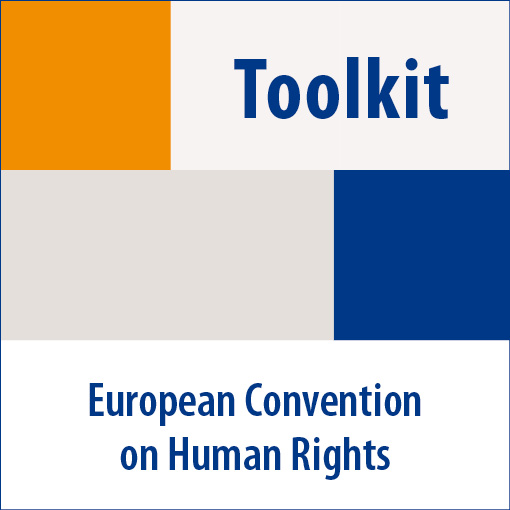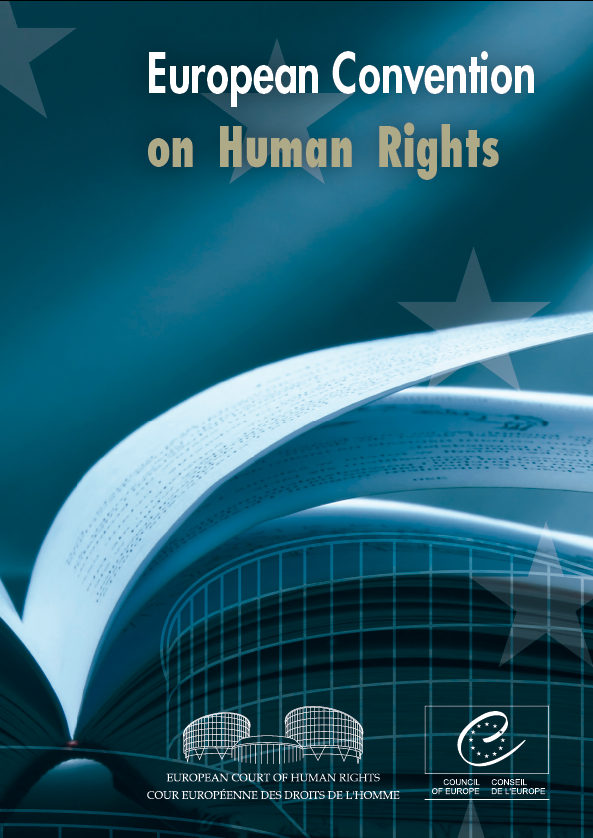This is a procedural provision guaranteeing the right of any person, non-governmental organisation or group of individuals claiming to be the victim of a violation of their rights under the Convention or its Protocols to introduce an application before the Court. "Any individual" includes persons of unsound mind and minors. This provision contains a substantive obligation on States "not to hinder in any way the effective exercise of this right". This is particularly important in the case of individuals deprived of their liberty. No obstacle may be put in the way of them making an application to the Court.
The Court may also indicate to a defendant State interim measures which it should take to preserve the current position, including the applicant's ability effectively to exercise the right of individual application, pending the Court's determination of the case. It will only do this where it considers that there is a real risk of serious, irreparable harm if the measure is not applied. Interim measures are thus similar to injunctions issued by national courts. States normally have an obligation to comply with them. They are most frequently issued where an applicant is challenging deportation or extradition on the ground that he or she would face a risk of ill-treatment in the destination State. If a State does not implement an interim measure ordered by the Court, for example by nevertheless removing a person to another country, this may amount to a violation of the obligation under Article 34.




